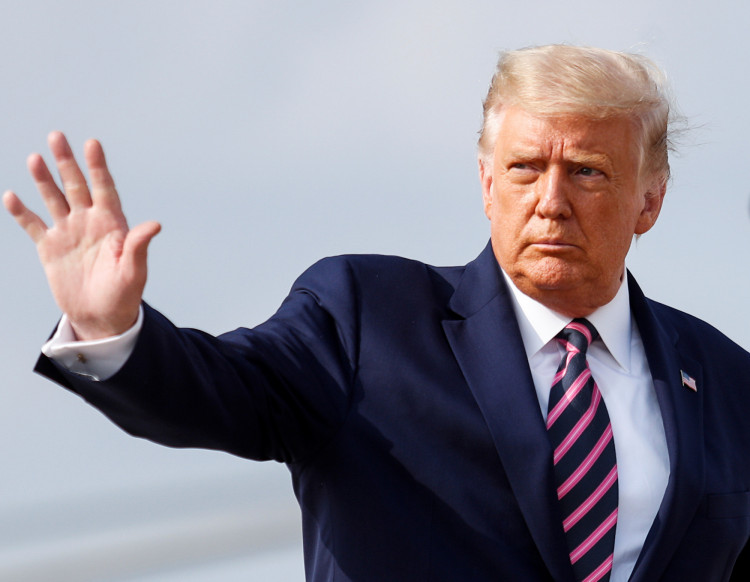The discourse surrounding the mental faculties of former President Donald Trump and President Joe Biden has intensified as both leaders, in their late seventies and early eighties, respectively, continue to play prominent roles on the national stage.
The debate gained new traction following recent remarks from Rep. Ronny Jackson, a former White House physician, and Alyssa Farah Griffin, a former White House staffer and current co-host on "The View."
Jackson, in a Fox News appearance, vehemently defended Trump's mental acuity, responding to host Sean Hannity's assertion of Trump's sharpness with emphatic agreement. "He's got a better memory than I have, than you have. We all know this," Jackson stated, dismissing any suggestion of cognitive decline in the former president.
In contrast, Jackson labeled Biden's cognitive state as "dangerous" and "embarrassing," echoing a sentiment held by a notable segment of the population. A Reuters/Ipsos poll reflected this view, revealing that 77% of respondents, including a majority of Democrats, questioned Biden's fitness for the presidency due to age.
Trump himself has been proactive in countering narratives of his mental decline. On his social media platform, Truth Social, he addressed his frequent mix-ups of Biden and Obama's names, framing them as intentional and sarcastic. He further claimed to have "ACED" a recent cognitive test, while suggesting Biden should undergo the same to explain various policy decisions.
Griffin's critique on "The View" provided a counterpoint to Jackson's assessment. She expressed concern over Trump's cognitive abilities, describing a noticeable decline since his 2016 campaign.
Griffin's observations were grounded in her experience working with Trump, noting that his supporters often overlook these lapses, attributing them to his character as a 'fighter.' She also highlighted the relatively small age difference between Trump and Biden, with both leaders facing scrutiny over their age and mental sharpness.
The discussion of mental fitness in politics is not new but has become increasingly relevant given the advanced age of key political figures. As the 2024 presidential race looms, the focus on cognitive abilities is likely to remain a point of contention, reflecting broader societal concerns over leadership and age.






